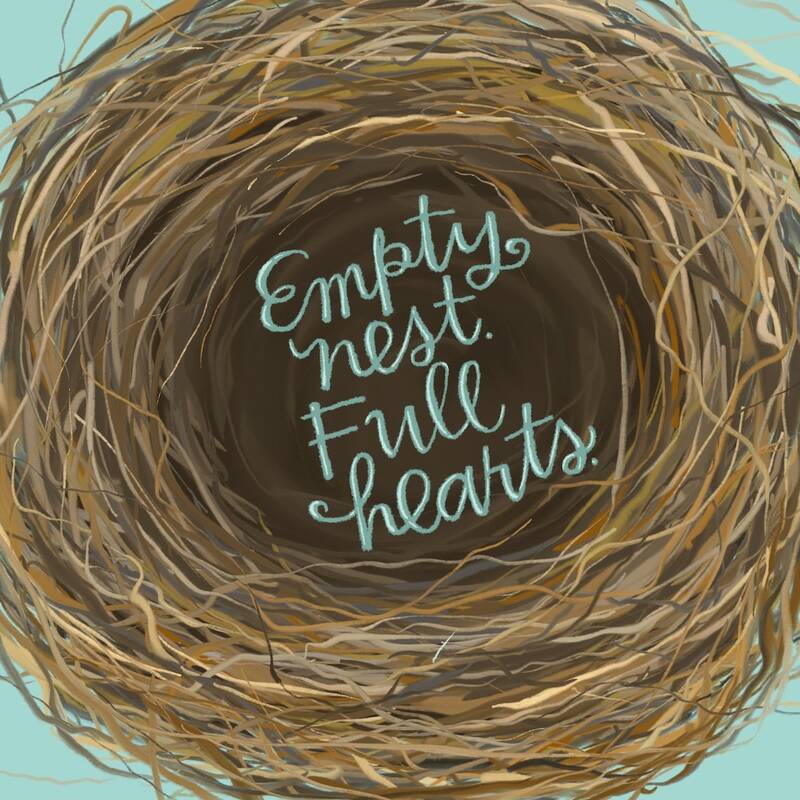|
Jaeger Counseling Blog
A Marriage & Pre-marital Counseling Individual & Family Therapy Resource |
|
In today's fast paced world, stress and anxiety have become common companions for many. Yet, when these feeling morph into obsessive thoughts and compulsive behaviors, they can take over your life, making even the simplest tasks seem insurmountable. This is the reality for individuals suffering from OCD, a conditions that affects millions worldwide.
There is hope. Recent advancements understanding and treating OCD have opened new pathways for those struggling with this disorder. With the right combination of therapies and self help strategies, individuals can manage and in many cases significantly reduce the impact of OCD in their daily lives, OCD is characterized by persistent, unwanted thoughts and repetitive behaviors or mental acts that individuals feel driven to perform. These compulsions are often carried out by the obsessions, but the relief is usualy temporary and the cycle continues. Common obsessions include fears of contamination, harming others, or doubts about having performed a certain action (like locking the door). Compulsions might involve excessive cleaning, counting or arranging objects in a specific way. Breaking the Chains... CBT Cognitive Behavioral Therapy. Exposure and Response Prevention (ERP) is one of the most effective approaches within CBT for treating OCD. It involves gradually exposing individuals in a safe environment to the sources of their anxieties or obsessions while helping them to learn to resist the urge to perform they compulsive behaviors. Over time, this helps reduce the distress associated with obsession and diminishes the compulsive response. Mindfulness Based Cognitive Therapy and other mindfulness practices can help individuals become more aware of their thoughts and feelings without becoming overwhelmed by them. Deep breathing and progressive muscle relaxation are just a few techniques that can be used. Medication is sometimes recommended. Selective Serotonin Reuptake Inhibitors may be helpful to help manage symptoms by increasing levels of serotonin in the brain, which can help improve mood and reduce anxiety. OCD can be helped. If you or someone you know is struggling. Contact a licensed professional that has experience in treating OCD. GET HELP HERE
0 Comments
Parenting teenagers can be a challenging task, as they are going through a phase of rapid change and development. As parents, it can be tempting to resort to certain strategies that may seem effective in the short term, but can actually be counterproductive in the long run.
One ineffective strategy for parenting teens is using punishment as a primary form of discipline. While consequences for poor behavior are important, relying solely on punishment can create a negative and hostile environment in the home. This can lead to resentment and rebellion from the teenager, rather than fostering a positive and respectful relationship. Remember, the negative behavior you are seeing is often just a symptom of a deeper issue. Another ineffective strategy is being too controlling and overbearing. While it is important to set boundaries and guidelines for your teenager, being overly strict and controlling can stifle their independence and autonomy. This can lead to feelings of resentment and a lack of trust between parent and child. Avoiding difficult conversations and ignoring issues that arise can also be an ineffective parenting strategy. It is important to have open and honest communication with your teenager, even when discussing tough topics such as drugs, alcohol, and relationships. Ignoring these issues can lead to misunderstandings and missed opportunities for guidance and support. Your child will open up to you to the degree that they trust you. Harsh responses or lectures will shut them down. Overall, it is important for parents to find a balance between setting boundaries and fostering independence, while also maintaining open communication and a positive relationship with their teenager. By avoiding these ineffective strategies and instead focusing on positive reinforcement, communication, and mutual respect, parents can effectively navigate the challenges of parenting a teenager. “Permission to the heart is earned. Always.” (John Lynch, The Cure and Parents) Emotional intimacy is the foundation of a strong and healthy marriage, but it can be challenging to achieve, especially when faced with barriers that hinder connection and understanding. Identifying and addressing these barriers is essential for fostering a deeper emotional bond with your partner. Here are some common barriers to emotional intimacy in marriage:
1. Lack of Communication: Effective communication is key to emotional intimacy, but when communication breaks down or becomes strained, it can create distance between partners. This can happen when one or both partners struggle to express their feelings or when there are unresolved conflicts that are not being addressed. 2. Fear of Vulnerability: Opening up and being vulnerable with your partner can be daunting, especially if you have been hurt in the past or fear rejection. This fear of vulnerability can prevent you from fully expressing your emotions and connecting on a deeper level with your partner. 3. Past Trauma or Baggage: Previous experiences of trauma, childhood wounds, or unresolved issues from the past can also act as barriers to emotional intimacy in marriage. These unresolved issues can create emotional walls that prevent true connection and understanding between partners. 4. Lack of Trust: Trust is a fundamental component of emotional intimacy, and when trust is lacking in a relationship, it can be difficult to fully open up and be vulnerable with your partner. Trust issues can stem from past betrayals, insecurities, or communication breakdowns. Breaking down these barriers to emotional intimacy requires effort, patience, and a willingness to work together with your partner. By addressing these challenges head-on and seeking support from a therapist or counselor, you can create a safe and supportive environment for emotional intimacy to thrive in your marriage. Communication, trust, vulnerability, and understanding are key components in fostering a deeper emotional connection with your partner. Remember, as the quote goes, "You can only be as intimate with a person to the degree that you know them." Take the time to truly understand and know your partner to deepen your emotional intimacy and strengthen your marriage. Depression is a mental health condition that can affect anyone, regardless of age, gender, or background. It is a serious illness that can have a significant impact on a person's daily life and overall well-being. While the exact cause of depression is not fully understood, there are several factors that can contribute to its development.
One of the most common causal factors of depression is genetics. Research has shown that individuals with a family history of depression are more likely to develop the condition themselves. This suggests that there may be a genetic component that predisposes some people to depression. Another factor that can contribute to depression is a chemical imbalance in the brain. Neurotransmitters, such as serotonin and dopamine, play a crucial role in regulating mood and emotions. When these chemicals are out of balance, it can lead to symptoms of depression. Stressful life events, such as the loss of a loved one, financial difficulties, or relationship problems, can also trigger depression in some individuals. These events can overwhelm a person's coping mechanisms and lead to feelings of sadness, hopelessness, and despair. Additionally, certain medical conditions, such as chronic illness or chronic pain, can also increase the risk of depression. The physical symptoms and limitations associated with these conditions can take a toll on a person's mental health and contribute to the development of depression. It is important to remember that depression is a complex condition with multiple causal factors. While some people may be more predisposed to depression due to genetic or biological factors, others may develop the condition as a result of environmental or situational triggers. If you or someone you know is struggling with depression, it is important to seek help from a mental health professional. With proper treatment and support, it is possible to manage and overcome depression. Marriage is a journey filled with ups and downs, challenges and triumphs. While every relationship has its share of difficulties, there is a distinction between a difficult, disappointing, and damaging marriage. Understanding these differences is crucial in navigating the complexities of relationships and seeking the support needed for healing and growth.
|
Norman Jaeger
|










 RSS Feed
RSS Feed